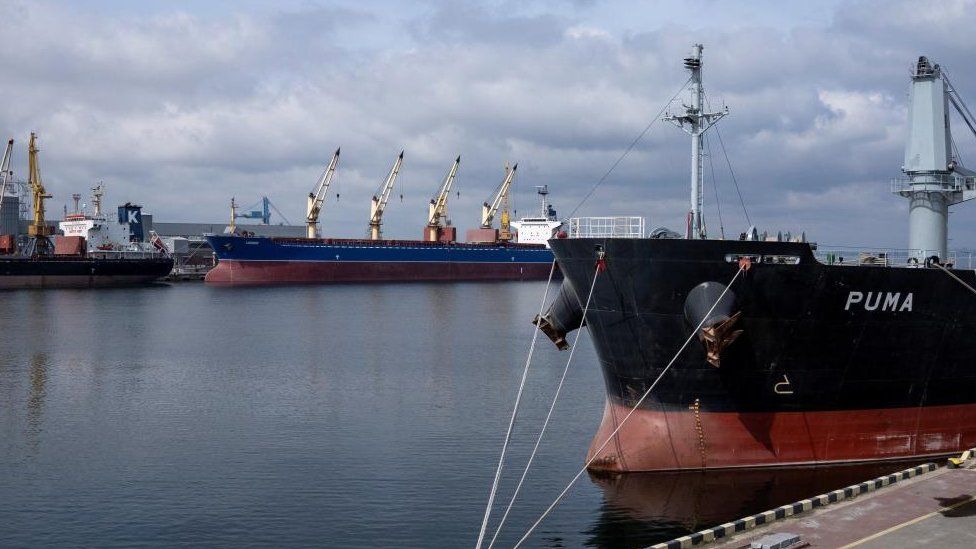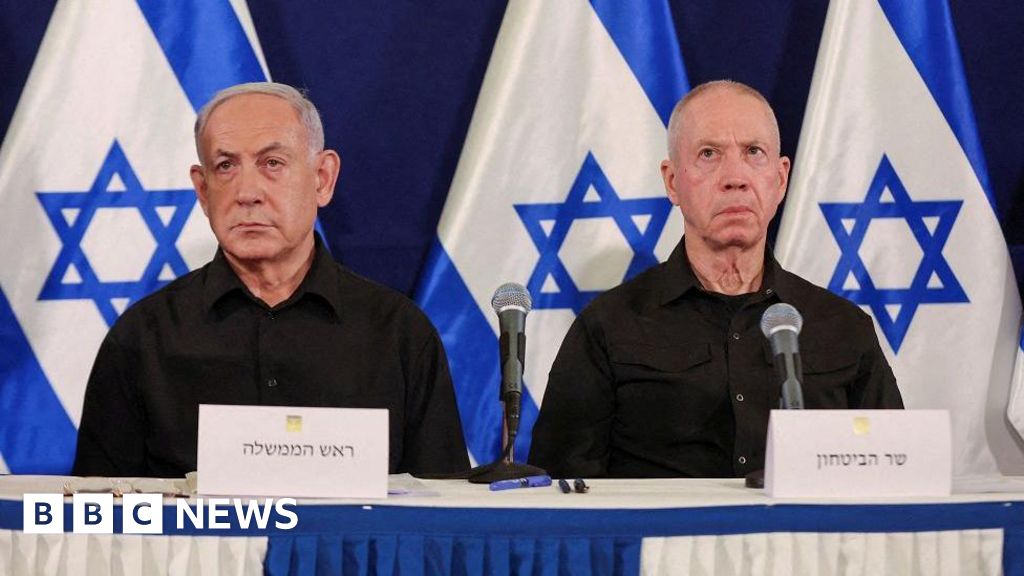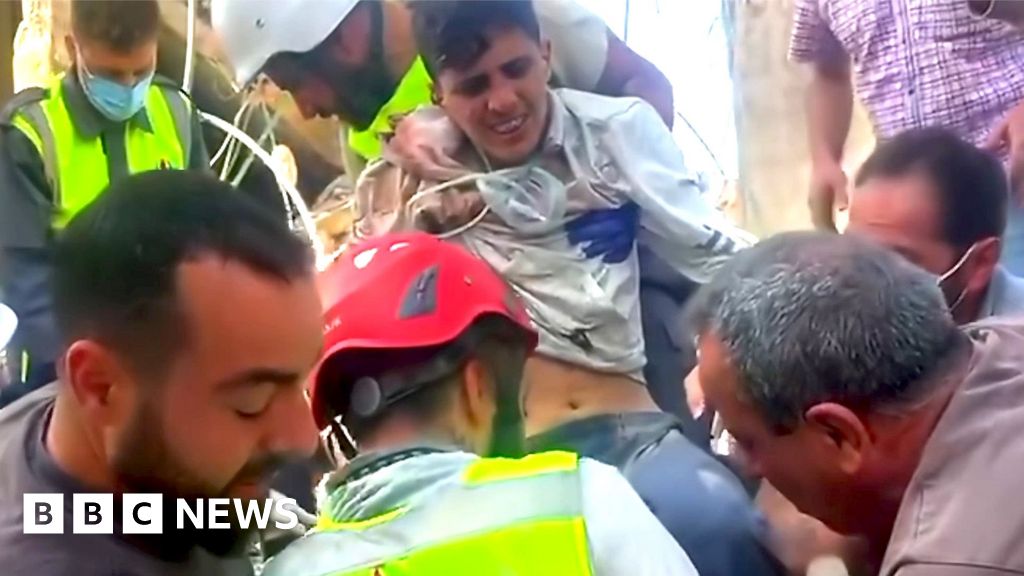ARTICLE AD BOX
 Image source, Reuters
Image source, Reuters
A grain terminal at the port in Odesa in Ukraine
By Marita Moloney
BBC News
The head of the World Food Programme (WFP) has warned that it will be difficult to feed the world if Russia pulls out of the Ukraine grain deal.
Cindy McCain told the BBC's Sunday with Laura Kuenssberg programme that the deal, which is due to expire on 18 May, must be renewed.
The export agreement has allowed Ukraine to transport millions of tonnes of food despite the ongoing conflict.
The deal was brokered by the UN and Turkey last July.
It was agreed to help tackle a global food crisis after access to Ukraine's ports in the Black Sea was blocked by Russian warships following the invasion in February 2022.
Ukraine is a major global exporter of sunflower, maize, wheat and barley, and more than half of the wheat grain procured by the WFP last year came from there.
At the same time, the UN also agreed to help Moscow facilitate its own agricultural shipments.
"They must renew the deal. We can't possibly be able to feed the region let alone the world unless they do," Ms McCain said.
"As you know, Ukraine used to be pretty much the breadbasket of Europe, and now that's not happening. And we need to get the grain out because it's affecting other countries."
The deal is meant to be extended for 120 days at a time but Russia has threatened to quit the agreement on 18 May over obstacles to its grain and fertiliser exports.
Senior officials from Russia, Ukraine, Turkey and the UN met in Istanbul on Thursday to discuss proposals to extend the deal.
The meeting appeared to end without Russian agreement.
The Kremlin said that Russian President Vladimir Putin could speak to Turkish President Tayyip Erdogan at short notice if needed regarding an extension of the deal, but no such plans have been announced as yet.
Ms McCain said the WFP had been sourcing grains from other sources to distribute to countries around the world but it had not been able to feed as many people due to rising costs.
Cindy McCain told the BBC's Sunday with Laura Kuenssberg programme that it was "50/50" whether the deal would be renewed
She said the conflict "has managed to completely cascade around the world difficulties to be able to feed people".
Ms McCain, who took office last month, said she believed it would be difficult for Ukrainian farmers to be able to bring in a harvest this year.
"I know that there are some farms that are still operating. But you have to remember, a large majority of the land where the crops were grown before are now mined, with land mines," she said.
"The equipment that they use to work the farms are mined. This is a tragic situation. And if the conflict were to end today, we'd be years being able to clear the land and clear the properties to make sure that it was safe to plant and safe to put livestock on."
On whether she thought Russia would sign an extension to the Black Sea grain deal, she said: "No, I'm not, I'm not confident that they will. The things I've been hearing is that... it's 50/50 right now.
"It worries me very much. And it should worry everybody else too."
She urged "every world leader" to help facilitate the renewal of the deal and end the conflict.
Turkey's Defence Ministry said on Thursday that progress had been made in the talks on the Black Sea grain deal and that the parties had agreed to continue four-way technical meetings.
Ukrainian Deputy Prime Minister Oleksandr Kubrakov said after the talks that the grain deal should be extended for a longer period and expanded. He said the talks would continue online.
Russia has issued a list of demands regarding its own agricultural exports that it wants met before it agrees to an extension, including restarting a pipeline that delivers Russian ammonia to a Ukrainian Black Sea port, which the UN has been pushing for.
You can see the whole interview on Sunday with Laura Kuenssberg, this Sunday, on BBC One and iPlayer from 09:00 BST

 1 year ago
23
1 year ago
23








 English (US)
English (US)